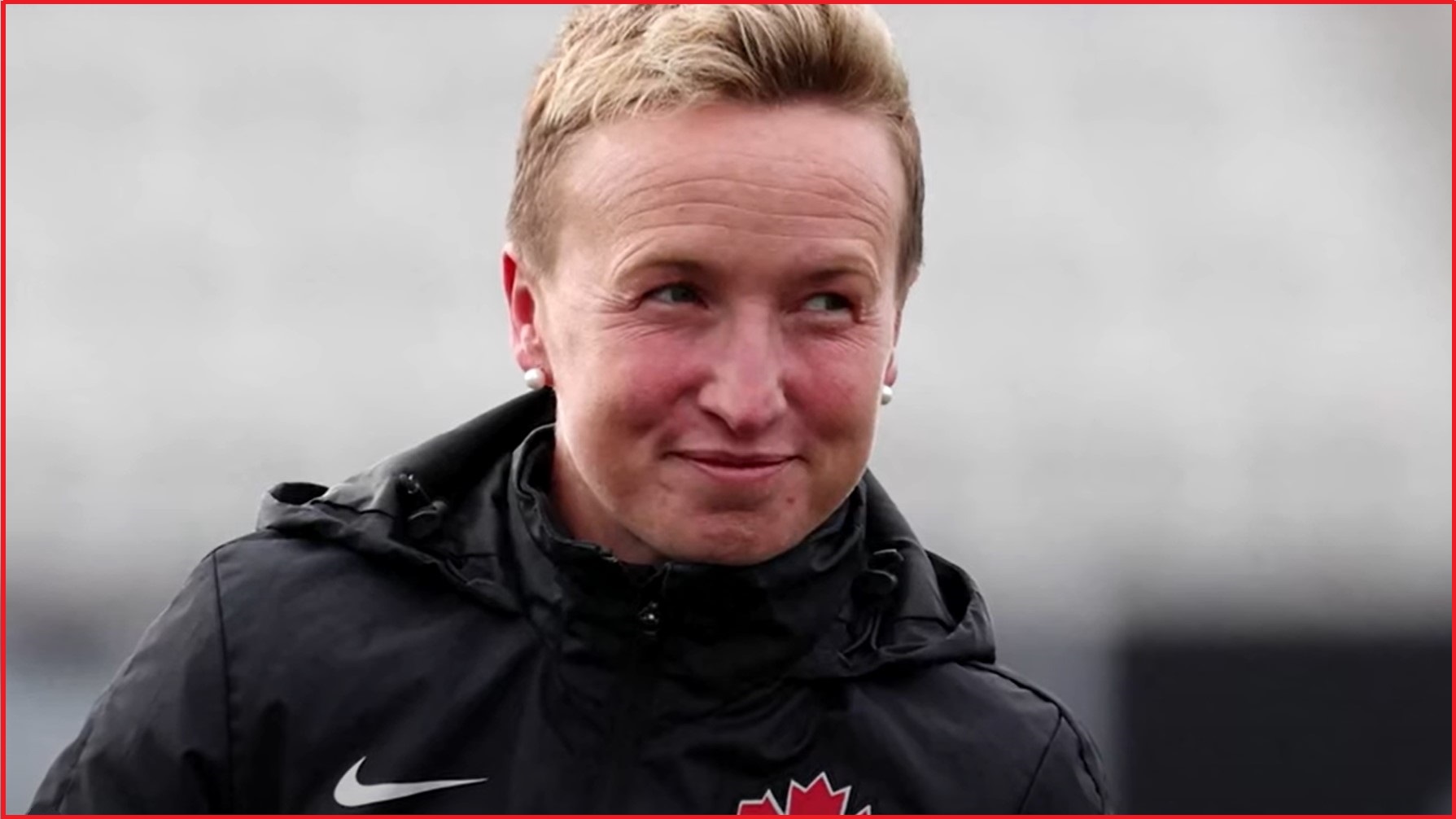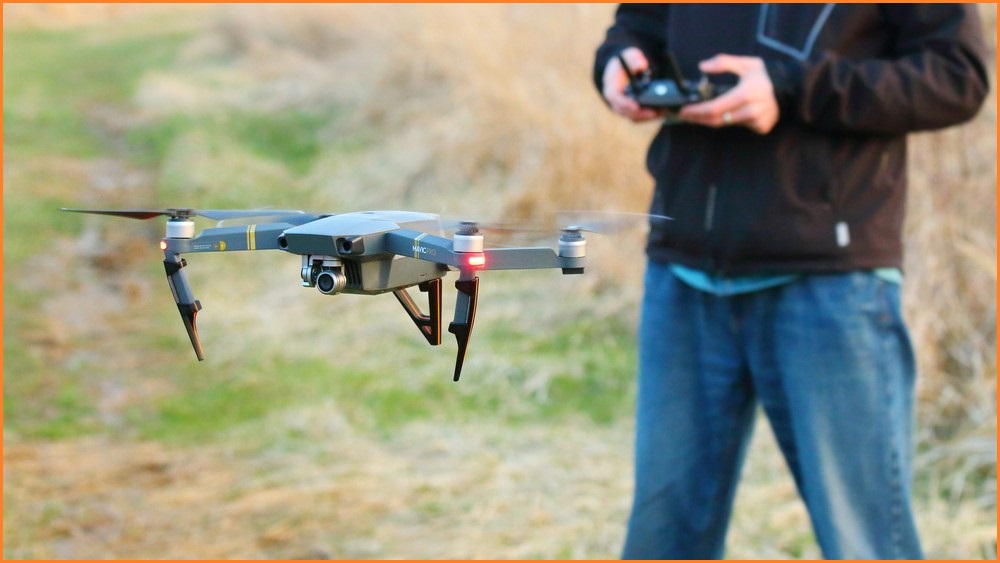Three coaches of Canada’s women’s soccer team have been sent home from the Paris Olympic Games after they were implicated in the team’s use of a drone to spy on the tactics of rival New Zealand in the runup to their opening divisional match.
Although defending Olympics champion Canada ultimately triumphed in that match 2-1, it was a hollow victory overshadowed by FIFA’s strict disciplinary action after the New Zealand team complained that a drone had been hovering over its practice sessions three days before their match last Friday.
After a “deeply shocked and disappointed” New Zealand Olympic Committee contacted the International Olympic Committee’s integrity unit over the incident, investigations identified the drone operator to be a member of the Canadian team’s support staff.
French police caught the operator – non-accredited Team Canada assistant coach Joseph Lombardi – operating the drone, with a further investigation uncovering text messages about the drone’s use exchanged between Lombardi and accredited assistant Jasmine Mander.
Team Canada head coach Bev Priestman was asked in a media conference whether she was aware of the drone’s usage; despite avoiding the question, Priestman recused herself from the match – and was subsequently removed from the Canadian Olympic Team after revelations that both the women’s and men’s teams had been using drones to spy on other teams for years.
FIFA was swift to punish the Canadian Soccer Association (CSA) and – recognising that the matter had to be concluded quickly to avoid affecting the outcome of the Olympics soccer competition –ultimately fined the team $345,000 (200,000 Swiss francs) as well as deducting six points from the Canadian team’s standing in its Olympics group.

Team Canada head cocach Bev Priestman has been sent home from the Olympics. Photo: Supplied
The CSA has appealed the decision, which also included a year-long ban on Priestman, Lombardi, and Mander “taking part in any football-related activity” after ruling that use of the drone violated provisions of the FIFA Disciplinary Code prohibiting offensive behaviour and violations of the principles of fair play, as well as other regulations outlining teams’ operational responsibilities.
The points penalty means that, despite winning both of the matches it has played so far, Canada’s standing could be in jeopardy as it now has an official tally of zero points – putting it well behind Group A leaders Colombia and France.
Pushing the limits of technology
Canada’s drone fiasco has not only rocked the Olympics women’s soccer competition – in which Australia’s Matildas kept their medal hopes alive after a 6-5 comeback stunner over Zambia – but left fans disappointed and prompted many to call for increased education about the ethical responsibilities around increasingly common and accessible surveillance technologies.
The penalty comes years after Paris police were banned from using drones to estimate the sizes of crowds during that country’s coronavirus restrictions – a practice that was justified by Chinese authorities and has long been controversial in Australian states struggling to find the balance between responsible use of technology like facial recognition and its increasing usage in workplaces, public spaces, and by police.
The easy accessibility and dramatically improving capabilities of drones has made them increasingly important in conflict zones and within Australia’s international maritime boundaries – as well as a particular target for privacy advocates, who have questioned the use of drones in applications such as photographing the homes of released migrant detainees and monitoring neighbourhoods putatively as first responders to alerts raised by gunshot detection sensors.
“Drones are subject to the same mission-creep issues that already plague other police tools designed to record the public,” Electronic Frontier Foundation (EFF) senior investigative researcher Beryl Lipton recently noted, warning that the technology can easily become “justification for over-surveilling neighbourhoods that produce more [emergency] calls and for collecting information on anyone who happens to be in the drone’s path.”
Whatever standards evolve in the public use of surveillance technology, its use in sporting situations – where spying on rival teams is commonplace with or without drones – has been resoundingly condemned.
Amidst reports that Canada’s team has spied on rivals for years, some speculate that Canada’s victory in the 2021 Tokyo Olympics could be under review, after detailed reports that Canadian coaches had filmed closed-door training sessions of the Japanese team that Canada tied 1-1 during its runup to Games gold.
If such reports were proven, reports suggest that sanctions of such activity could include retroactively stripping Canada of its Tokyo gold medal and awarding the fourth-place Matildas a bronze medal.
Despite the removal of three coaches from the Canadian team, the players have not been implicated in this latest surveillance scandal.
Canada will face off against Colombia this week as it fights to progress to the next round.










